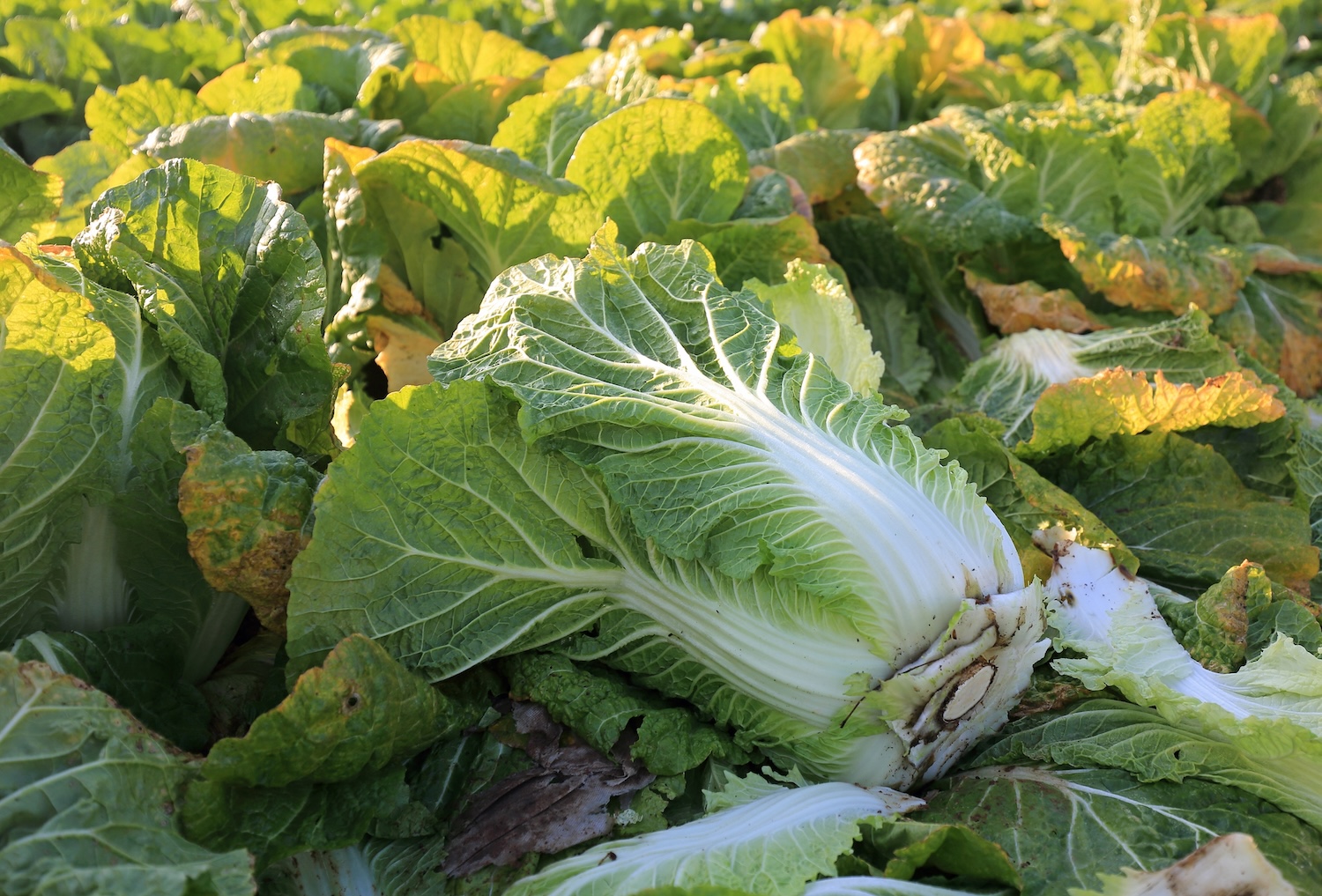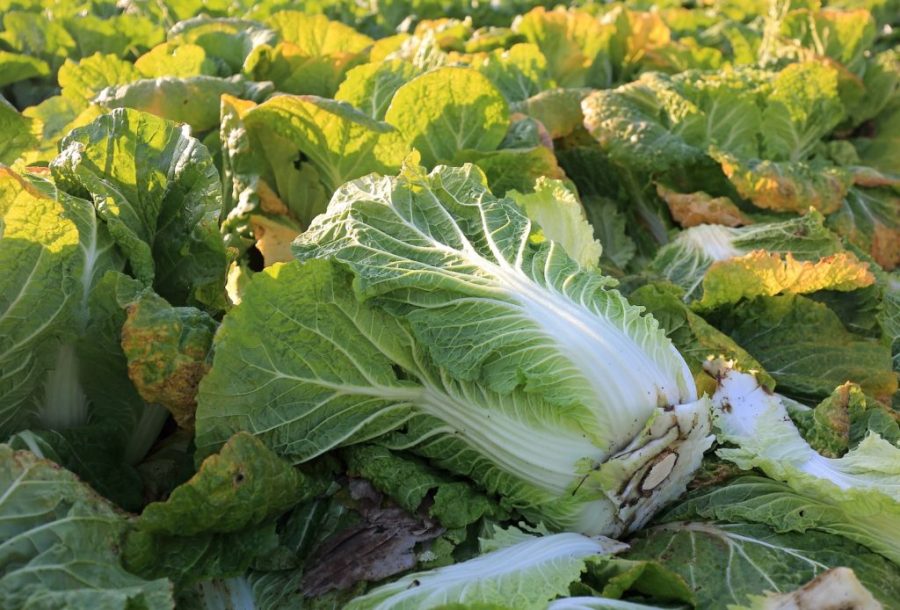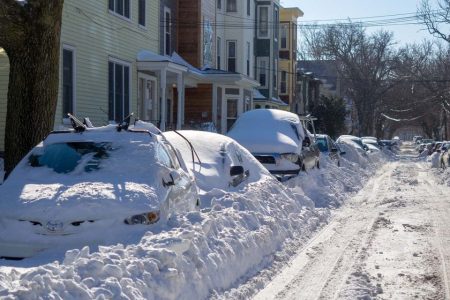South Korea’s beloved kimchi is the latest casualty of climate change. Rising temperatures are degrading the quality and quantity of the napa cabbage used to make the most popular form of this famed side dish, Reuters reports.
Napa cabbage – known as baechu in Korean – thrives in cooler climates, preferring a narrow temperature range between 18°C and 21°C. It’s often planted in mountainous regions where temperatures largely stay below 25°C during the key summer growing season. But as climate change drives up the temperature, farmers and cooks are experiencing the change firsthand.
Warmer weather makes the heart of the cabbage go bad and the roots become mushy. It’s also driving other factors – like pests that thrive in warmer, longer summers – that have experts worried that one day napa cabbage won’t grow in South Korea at all.
[See more: The US has just experienced its first climate change extinction]
Government data cited by Reuters reveals how rising temperatures are already hitting crops hard. The area of highland cabbage farmed last year was less than half of what was farmed in 2003, down from 8,796 hectares to 3,995 hectares. The Rural Development Administration, a state farming think tank, projects that the next 25 years will shrink that figure to just 44 hectares. By 2090, they predict there will be no cabbage left in the highlands.
Researchers point to higher temperatures, unpredictable heavy rains, and pests – all of which worsen with climate change – as driving the dramatic reduction in farmed areas. A fungal infection has also posed a significant problem to farmers, as it is only identifiable when the plants are already very close to harvest.
Scientists are working to develop new crop varieties that are more resilient to warm temperatures, large fluctuations in rainfall, and infections. While farmer Kim Si-gap worries this will only succeed in making a more expensive crop that tastes different, he is also deeply concerned for the future. “Kimchi is something we cannot not have on the table,” he told Reuters. “What are we going to do if this happens?”






